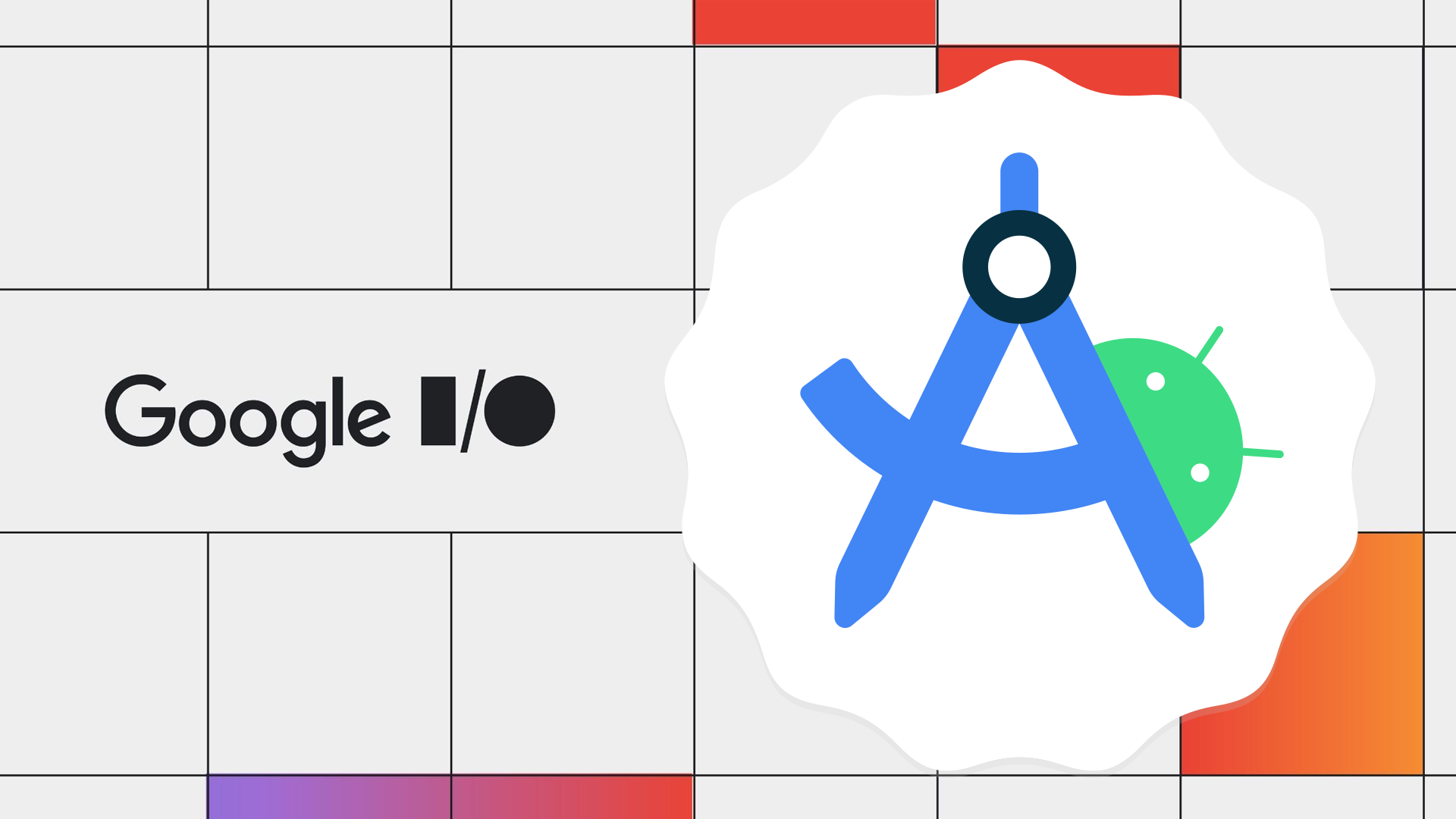Google's Sameer Samat (President, Android Ecosystem) and Dave Burke (VP Engineering, Android) give some added guidance for developers at Google I/O


Google I/O 2024, hosted earlier his week in Mountain View, California by Google, was a significant event for developers worldwide. The conference showcased Google's latest advancements in developer tools, technologies, and AI capabilities, with a particular focus on enhancing developer productivity and security. On the latest episode of the Android Faithful podcast, we sat down with Sameer Samat, President, Android Ecosystem, and Dave Burke, VP Engineering, Android to get their perspective on what this all means for developers.
One of the central themes of Google I/O 2024 was the introduction of new AI tools designed to boost developer productivity. Sameer Samat, emphasized the importance of these tools in a conversation with our own Huyen Tue Dao during the podcast. He highlighted the role of Google's Gemini model in improving developer workflows without compromising security:
"Our team at Google has spent a lot of time on this subject ,and it depends a little bit on how you're deploying some of our models. For example, with Google Cloud, the models there that are being used...those are very compartmentalized and data is not leaking. And then from the from the standpoint of Android Studio, there's been a number of things that have been done. But first and foremost, and I think most importantly, the model is not we're we're not collecting all that code and then learning on it. This is inference as opposed to the training side of things. And that I think is most important for folks to understand."
This distinction between inference and training is vital for developers concerned about the security of their code. By ensuring that the models do not learn from the developers' code, Samat assured us that they're listening to significant concerns about data privacy and security even further:
"There certainly is repositories that we collected use and we have the rights to do all that. But, you know, our intention is not to sort of have folks use this and then it's like, 'oh, by using it, you make it better for for everyone else, by contributing your code.' That's that's not the goal."
Samat further elaborated, driving home the point that Android Studio is not leveraging code for training:
"I would say on the cloud side, there's a lot of people feeding in very sensitive information, and they want to be sure that they have their own complete instance of it. You can do that. But for our Android Studio, we're just doing inference. Not training."
Another critical aspect discussed in the interview was the performance impact of integrating new features into Android Studio. Developers often worry about how new tools might affect their development environment's performance, particularly regarding build times and resource usage. Sameer Samat to set the priority of Android Studio for developers:
"Build time is still the number one feature."
That was quickly followed by some expanded thoughts by Dave Burke:
"We definitely care about the footprint of studio, for sure. Right now, we recommend 64 bit, processor. Maybe 8 gigs of storage, basically. Gemini - it's a cloud based model. So actually it doesn't add to that....if it was an on device model, that would be a different story."
Burke's comments are crucial for developers who are wary of new features slowing down their development process. By leveraging cloud-based models, Google ensures that the integration of advanced AI tools does not necessitate hardware upgrades or compromise performance
Google I/O 2024 was a must attend or must-stream event for developers, offering a glimpse into the future of AI-enhanced development tools. Hopefully the comments from Sameer Samat and Dave Burke during the podcast interview provide valuable context for understanding how these advancements will impact developer productivity and security.
For more detailed discussions and updates from Google I/O 2024, you can listen to the full interview on the Android Faithful podcast or watch below: